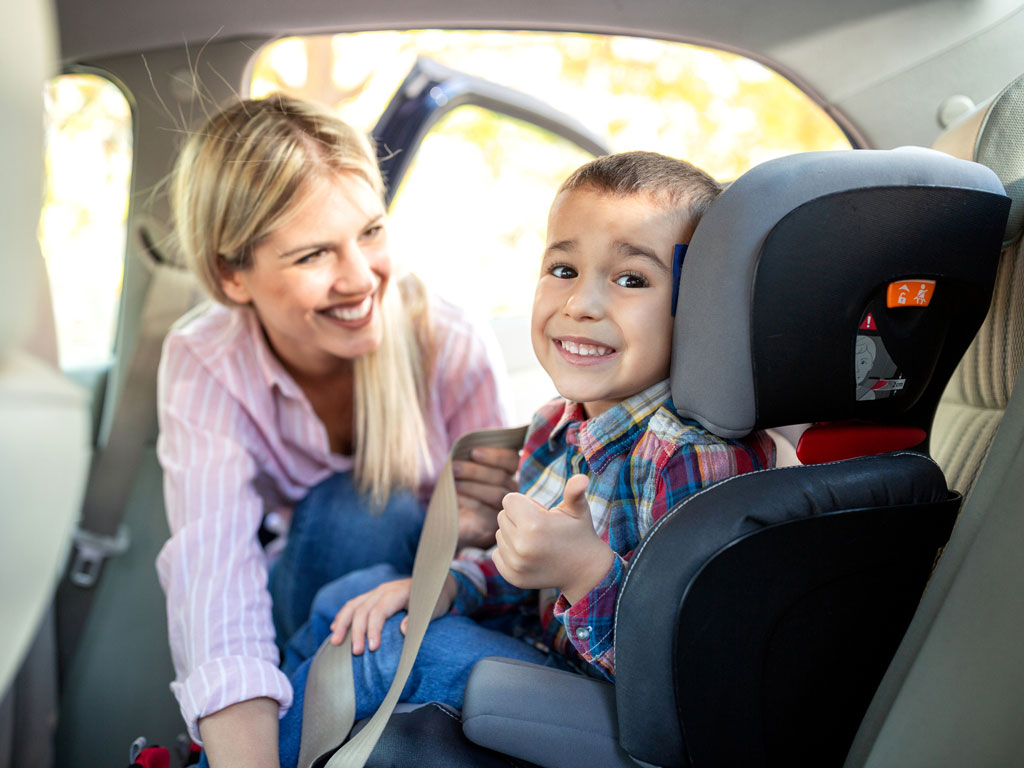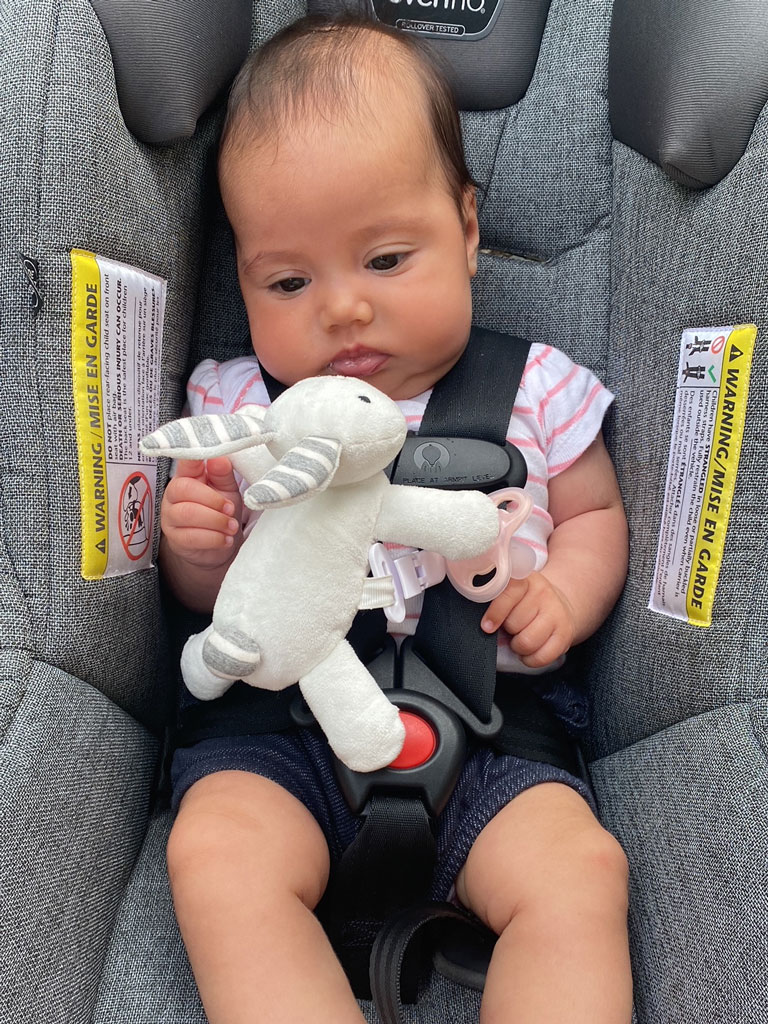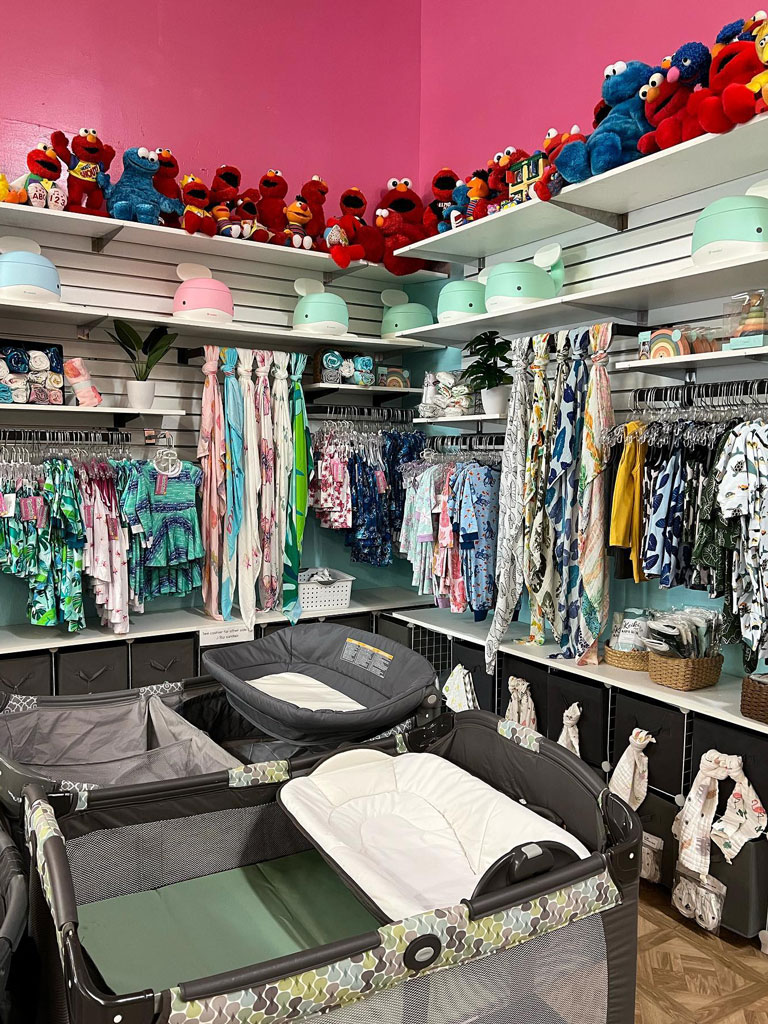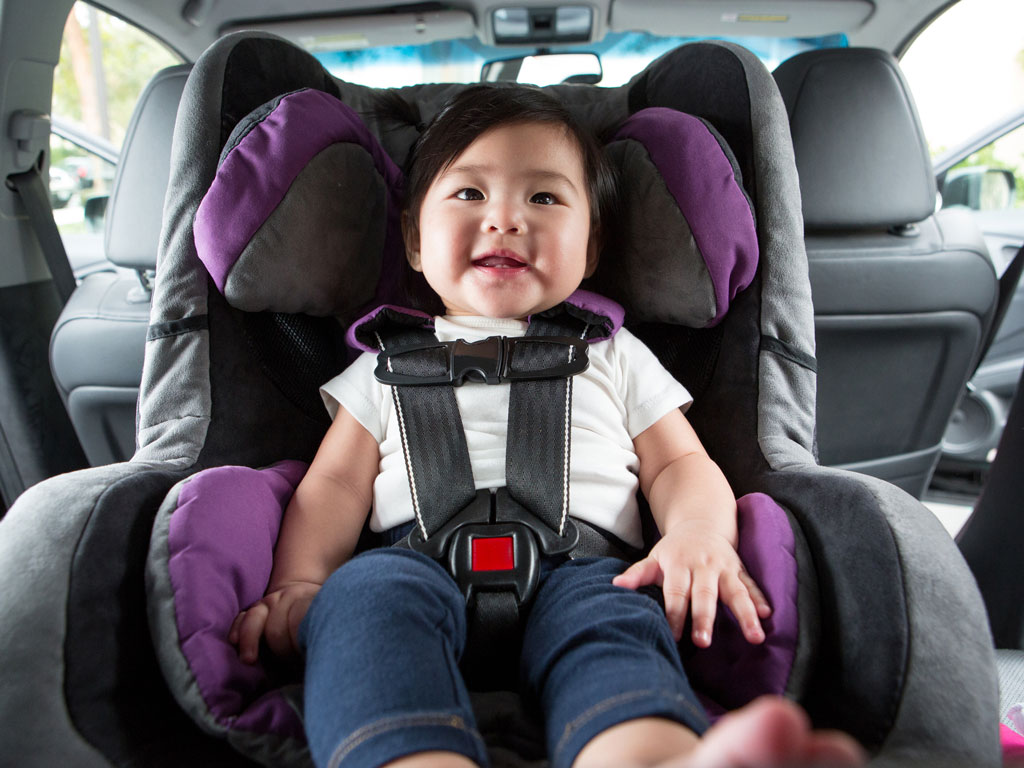by Stephanie Lopes
Last July, the Hawai‘i Department of Transportation amended car seat laws with additional safety measures. Now, children under two years old must be in a rear-facing car seat with a harness. Keiki between two and four years must be in a rear-facing or forward-facing car seat with a harness, and all children under ten years old must be restrained in at least a booster seat, unless the child is over four feet nine inches tall.
Steep fines along with a child passenger safety class might be imposed upon violators of the new law – and whether required by law or not, all parents want their child to be as safe as possible while riding in a vehicle.
“Unrestrained children are three times more likely to be injured in a crash,” said Governor David Ige. “Even one injured keiki is one too many…The new child passenger safety law addresses gaps in the previous statute and aligns Hawaiʻi with the latest research and national recommendations.”
With the new regulations, parents might be perplexed by which car seat is best for their child. Shelly Tadena, founder of the nonprofit Caterkids, Hawaii’s largest resale baby store located in Waipahu, is here to clear up any car seat confusion.
Shopping for a Car Seat
To take baby home from the hospital, parents need to have a law-abiding car seat properly installed in their vehicle, and with the new laws, more parents are again shopping for a car seat.
“The previous law was that children who were over 12 months old and weighed more than 20 pounds could be in a forward-facing car seat. With the new law change, many parents’ dilemma is that they already got rid of their rear-facing car seat and now they must purchase it again,” Tadena explains.
Safety and Size
When shopping for a car seat, it is essential to ensure it meets minimum safety requirements set by state and federal regulations and that it is the appropriate size for the child.
Every new car seat sold in the United States will meet minimum safety standards and have a safety score set by the National High Traffic Safety Administration.
Also, note that infant car seats have an expiration date, typically five to seven years after their manufacturing date. The expiration date is to ensure that the materials have not deteriorated over time.
Tadena also explains that the car seat must be the right size for your child’s weight and height. She says, “There are many different sizes of car seats for all stages of children’s development. There are rear-facing car seats for birth through infant-stage weights, and there are also car seats for toddler sizes and then youth sizes.”

Installation
Once the car seat is purchased, it must be properly installed so that it is secure in an accident and complies with the law. It is important to “always read instructions for both the car seat and vehicle for proper installation,” according to the Keiki Injury Prevention Coalition, which serves as the state’s car seat safety information resource.
For a rear-facing car seat, it should be installed in the back seat – preferably the middle if the vehicle allows. The harness straps should be snug and routed through the back slots that are at or below child’s shoulders. The chest clip should sit at armpit level, and the car seat should be reclined according to the level indicator that is pre-installed.
For a forward-facing car seat, the harness straps should be routed through the back slots that are at or above the child’s shoulders, and the harnesses should be snug with the chest clip at the child’s armpit level.
For boosters, the shoulder belt should be across the chest, and the lap belt should be low across the hips. Also, never allow the child to place the shoulder belt under the arm or behind the back. If the vehicle does not have a head restraint, a high-back booster seat should be installed. “Boosters prop keiki up enough so then the built-in seatbelt can safely support them in an accident, but many parents don’t realize exactly how a booster is supposed to sit in a vehicle,” Tadena elaborates.
Stroller Compatibility
“Parents will want their car seat and their stroller to be compatible with each other, so then they can easily and comfortably transition sleeping keiki from the car to the stroller,” Tadena expands.
“If you already have a car seat, Caterkids has a variety of strollers in stock to match many brands of car seats,” Tadena states. “We also have many stroller accessories in stock like cup holders, shades, canopies and adaptors.”


Affording a Car Seat
When shopping for a car seat, most parents will also consider the price. Note that a Hawai’i state tax credit of $25 per year applies to the purchase of a child safety seat.
“The costs of car seats have increased. A lot of people here in Hawai‘i struggle with affording day-to-day necessities, and the added expense of a car seat is difficult to afford,” Tadena illuminates.
“We recommend if you are able to, to buy a new car seat, so then you know it has never been in an accident,” says Tadena, while also mentioning that Caterkids has never sold used car seats – only donated them to parents in need.
“Since parents need a car seat to take the baby home from the hospital, they will find it somewhere – whether resold online or through a friend. By getting the car seat at Caterkids, parents will at least know the car seat is not expired and not recalled,” Tadena continues.
Caterkids offers car seats for free to families in need – and also accepts donated car seats (along with any other keiki items), with the ability to issue a donation receipt for a tax write off.
“If the car seats do not physically make the grade or have any type of recall, we will dispose of them. We offer the car seats to families in need, and they can take them home and clean them based on their own judgement,” says Tadena.
The right car seat is essential to not only ensure compliance with the law but also to protect our precious children while they ride in the car.
For discounted, excellent condition baby items or to donate items to a family in need, stop by Caterkids for more information.





